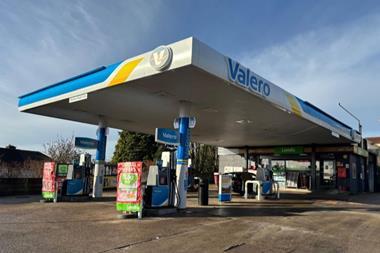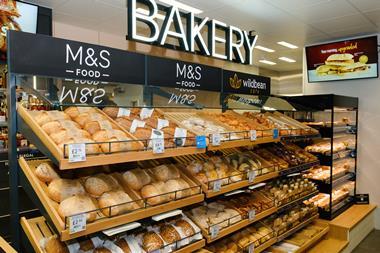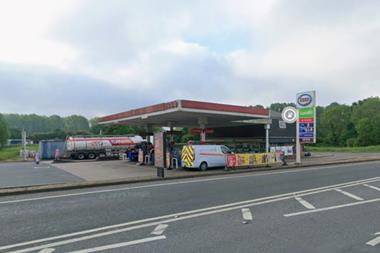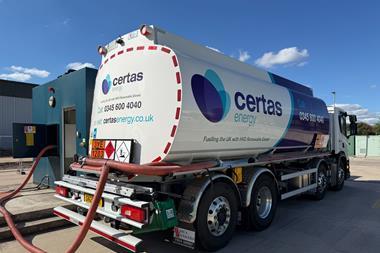Forecourt operators in Scotland may be banned from selling alcohol under new laws. Licensing chiefs in Glasgow have outlined plans to refuse a petrol station permission to sell alcohol unless it can prove it is the main source or petrol or groceries in the local area.
The city’s licensing board is the first in Scotland to put forward such plans to remove booze
from forecourt stores. The draft policy states that if the licensing board refuses an application, the business will not be able to sell alcohol after September 1, 2009.
The document adds that when the Licensing Board is considering licences at forecourts, it would, as a matter of general policy, “take the view that no community in Glasgow is reliant on such premises as a principal source of petrol or derv, or groceries, given the widespread provision of such facilities throughout the city”.
But it adds that the individual circumstances of each case will be taken into account when making such a decision.
The 2005 Licensing Act allows all boards across the country to introduce the measure. And there are fears that if the move goes ahead in Glasgow, other areas could follow suit.
Opponents claim that the proposal victimises retailers and could have a serious impact on the industry.
Ray Holloway, director of the Petrol Retailers’ Association (PRA), said: “It’s outrageously discriminatory against the forecourt industry.
“It’s a crazy idea because these licences were originally granted on the criteria known to the licensing authorities.
“We’ve been having an increasing number of enquiries from members in Scotland over this issue. I’ve spoken to the alcohol licensing specialist in Scotland and they do intend to address this criteria which excludes garages from having licences.”
The proposal means the existing criteria - that a garage cannot get an alcohol licence unless it can show that fuel is not the biggest part of its business - would no longer be accepted.
Holloway points out that the plans mean supermarkets with a forecourt business could also be banned from having a licence.
The draft policy statement is currently out for consultation.
“It does seem this is a threat to the industry, and it means we’ll probably have to launch a campaign,” said Holloway. “We intend to challenge it.”

































No comments yet